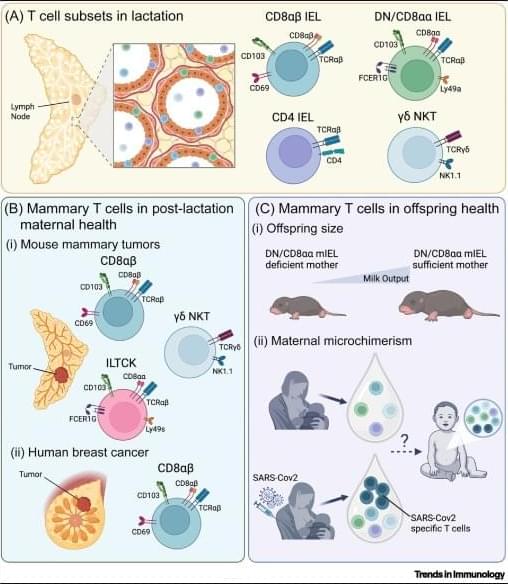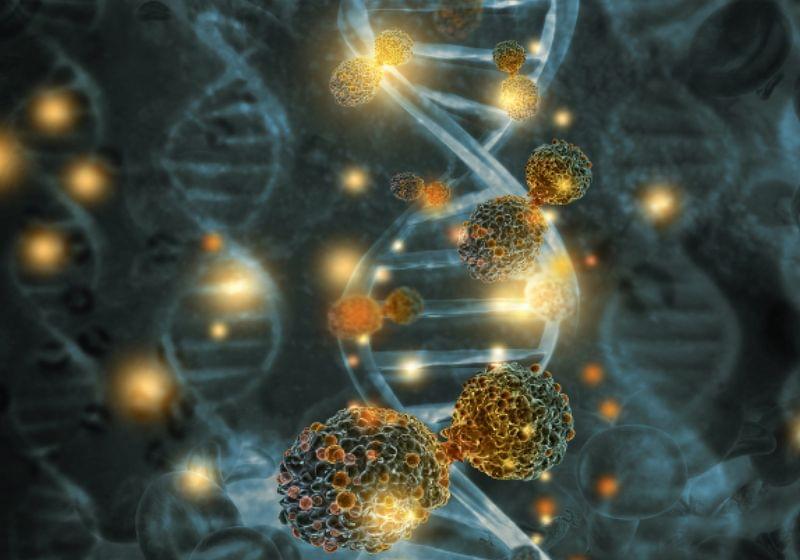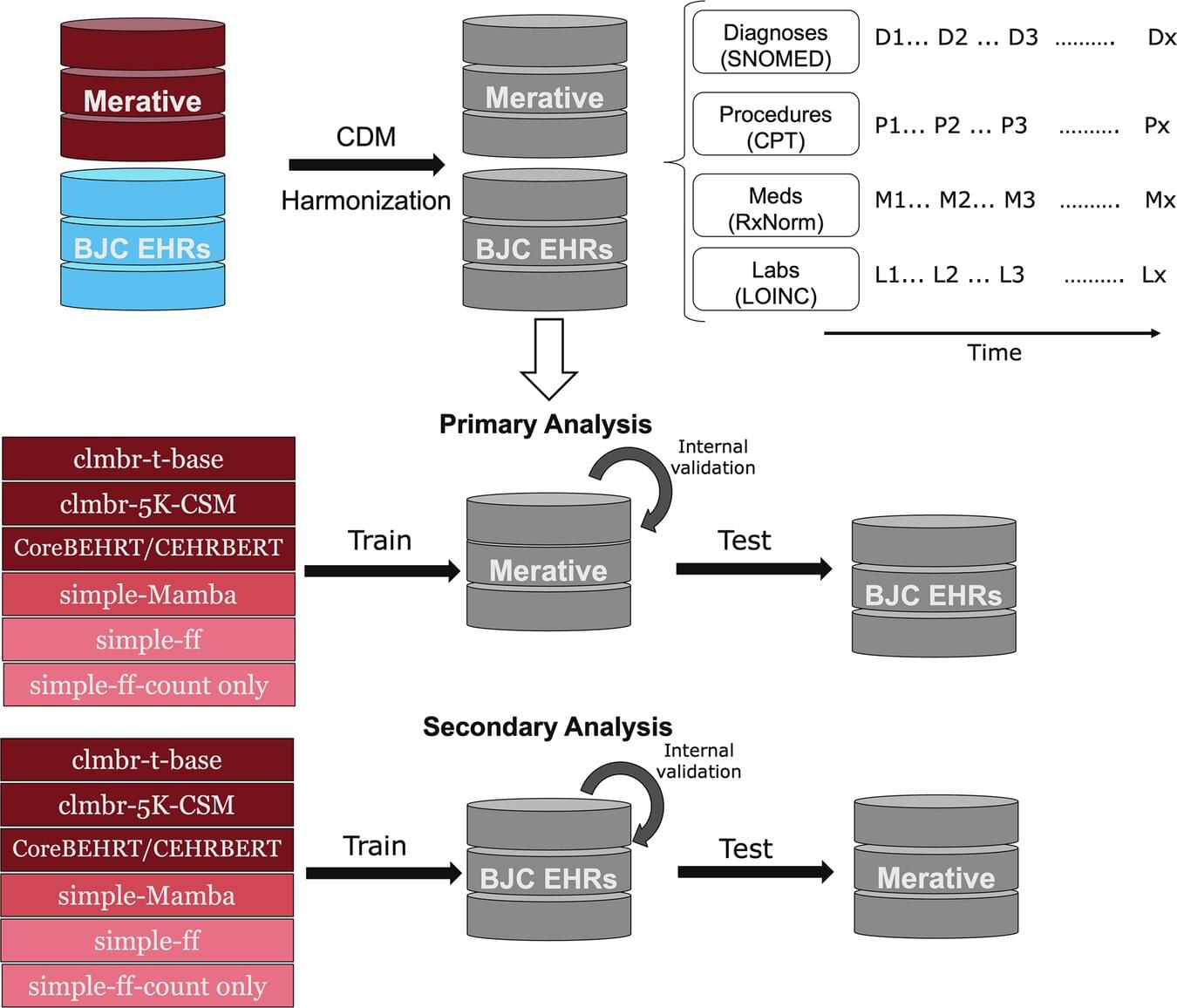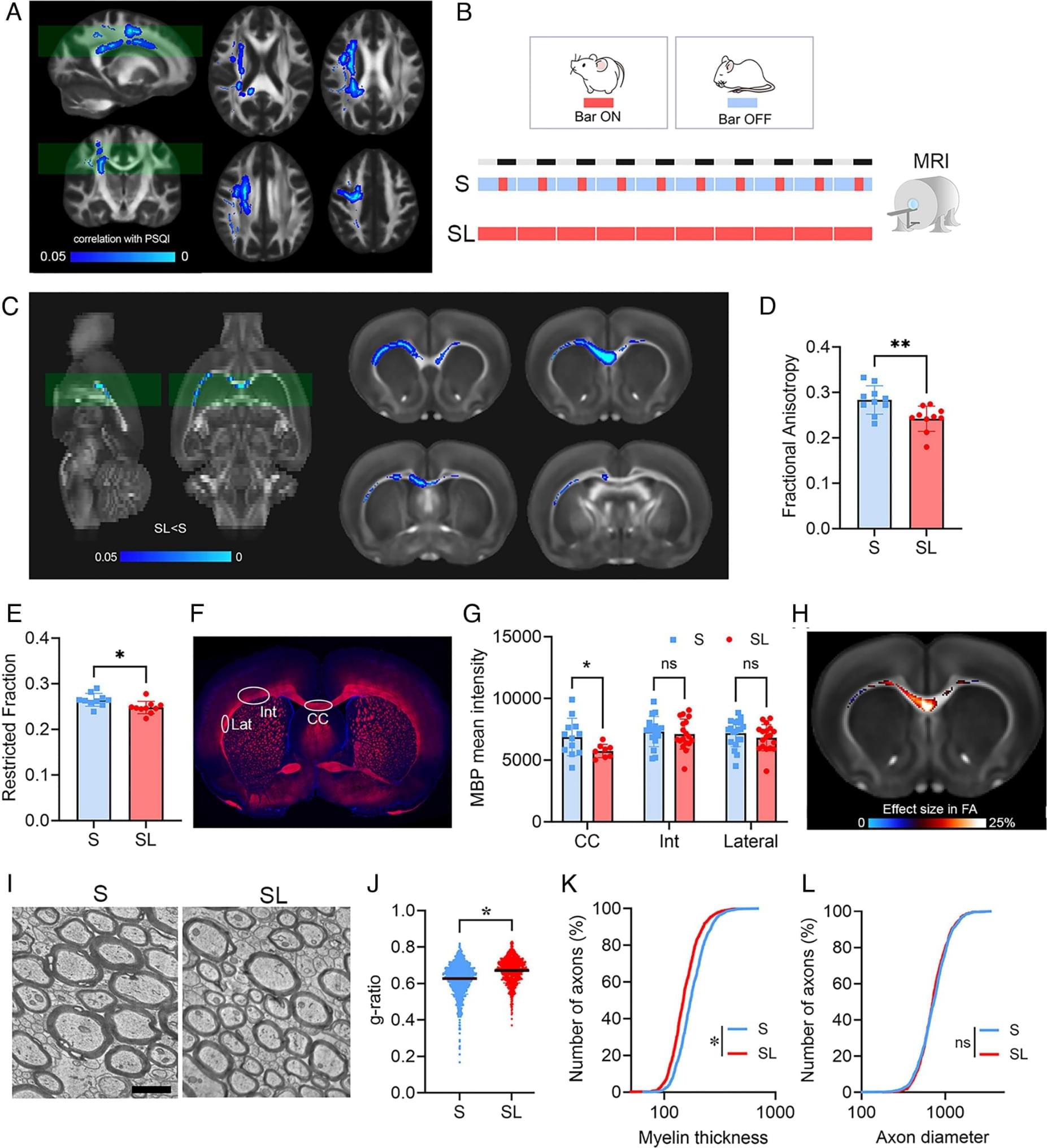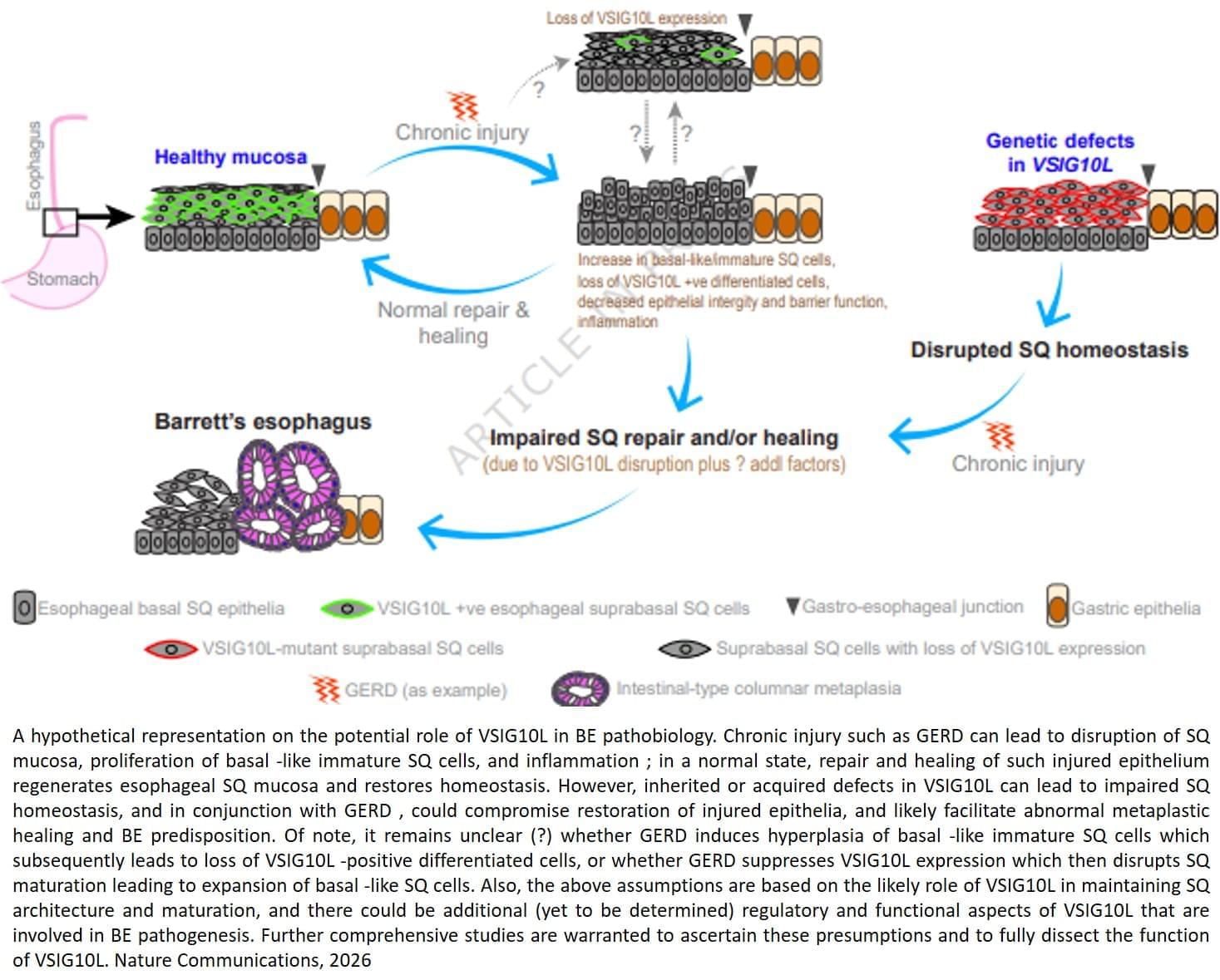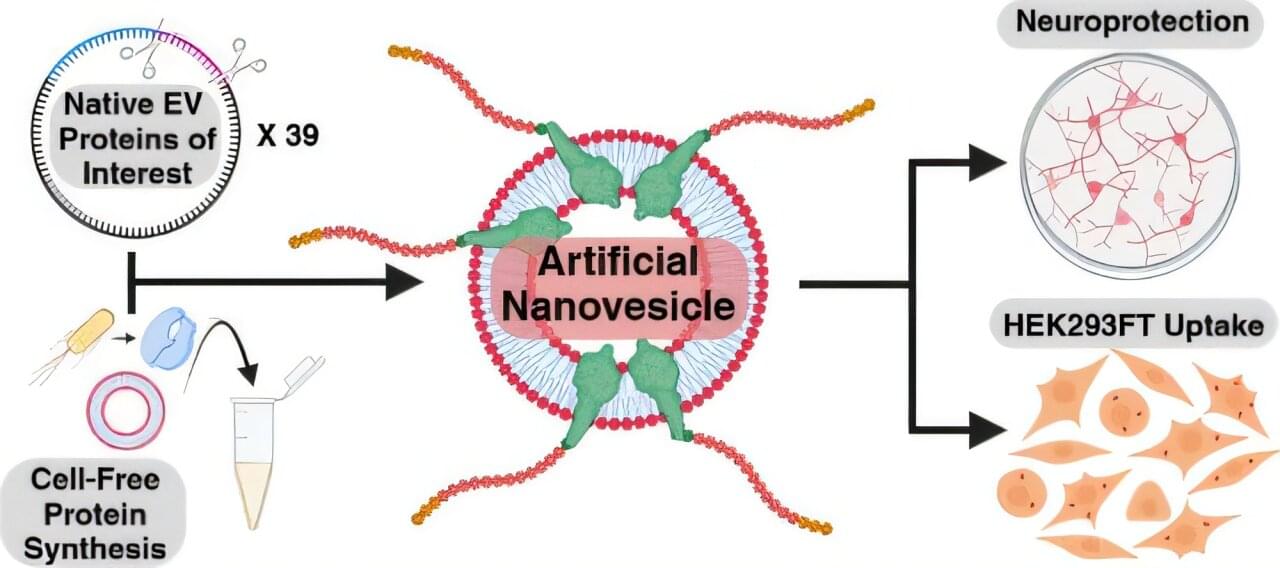The MyLungHealth randomized trial found that digital tools improved eligibility assessment and CT ordering for LungCancer screening, but gains in scan completion were limited.
Question Does adding a patient-facing, electronic health record (EHR)–integrated tool to a clinician-facing clinical decision support system improve the identification and ordering of lung cancer screening?
Findings In this randomized clinical trial of 31 303 adults aged 50 to 79 years with uncertain or documented eligibility for lung cancer screening, the EHR-integrated tool significantly increased the identification of screening-eligible patients and the ordering of low-dose computed tomography lung cancer screening.
Meaning Combining patient-facing and clinician-facing decision support in primary care may enhance lung cancer screening by improving eligibility identification and computed tomography scan ordering.



